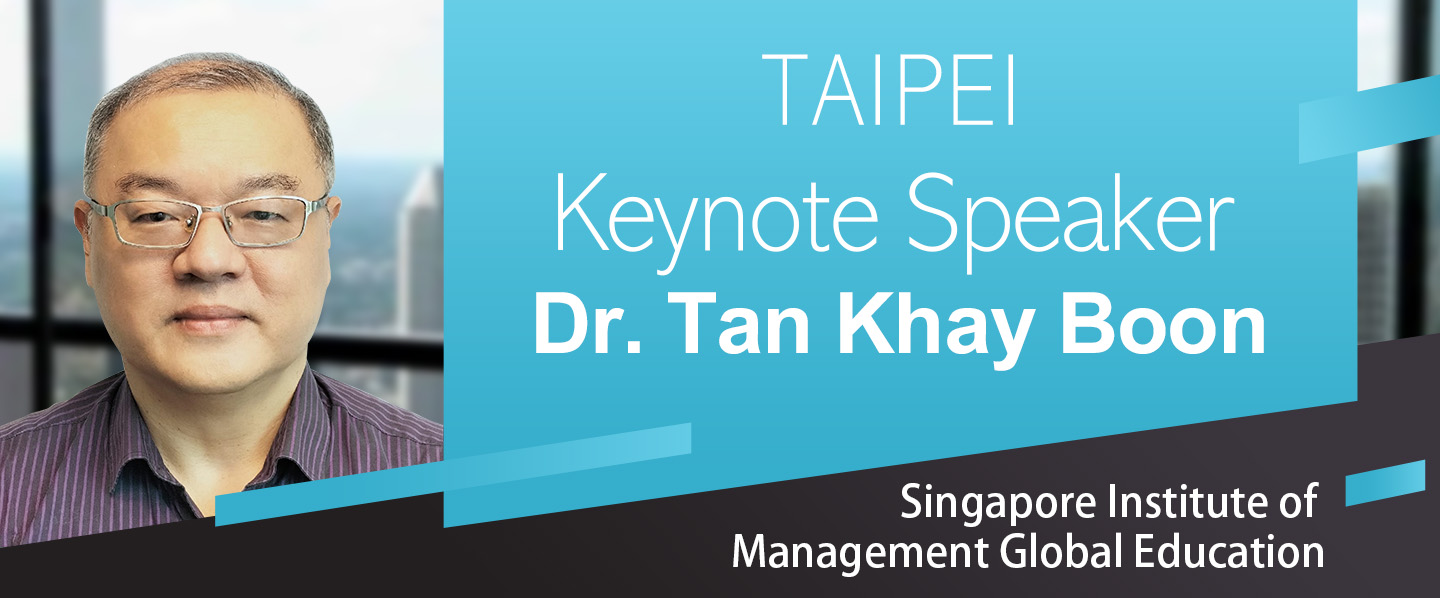
Introduction – Dr Tan Khay Boon
Dr Tan Khay Boon graduated with a Bachelor of Science, a Bachelor of Social Science (Honours) and a Master of Social Science in Economics from National University of Singapore and also a PhD from Nanyang Technological University.He is currently the Associate Dean in the Academic Division of Singapore Institute of Management Global Education and an Associate Faculty in Singapore University of Social Sciences.He has more than twenty years of teaching experience in various economics subjects in the local universities.His research interests are Econometric Modelling and Time Series Forecasting and his research works has been published in local and international journals.
Singapore Economy from Third World to First:
An Analysis of Theory and Practice
Since achieving independence in 1965, Singapore has successfully transformed from a fishing village, a tiny colonial outpost into a modern city state and a global economic centre with strong manufacturing and service sectors. Per capita GDP, the common measurement of standard of living, has increased significantly together with many other growth indicators over this period. All these combined with an efficient government have contributed to Singapore being ranked amongst the top in terms of global competitiveness. This study traces the history of Singapore prior to its independence, discusses the characteristics of Singapore economy and explains the relevance of economic growth theories such as the theory of comparative advantage, the EGOIN Theory, the Triple C Theory and the S-Curve Theory in developing Singapore. This paper also discusses the unique role of fiscal and monetary policies that has contributed to its transformation and economic success.

